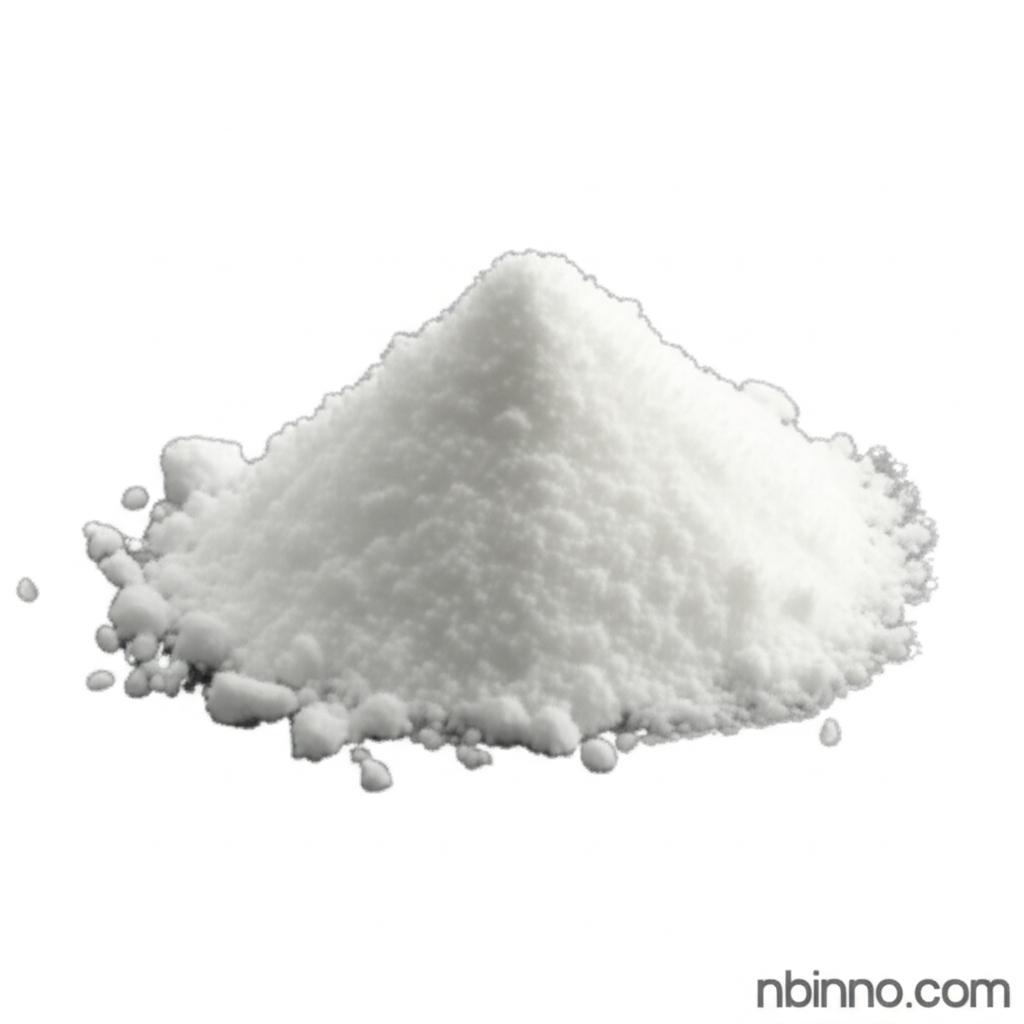Lidocaine HCl: Applications, Benefits, and Safety Insights
Discover the versatile applications and essential safety considerations of Lidocaine Hydrochloride, a key pharmaceutical compound.
Get a Quote & SampleProduct Core Value

Lidocaine Hydrochloride
Lidocaine Hydrochloride is a vital local anesthetic and antiarrhythmic drug known for its efficacy in numbing tissues and regulating cardiac rhythm. Its mechanism of action as a sodium channel blocker is crucial for its therapeutic effects in pain management and cardiovascular care.
- Explore the diverse applications of lidocaine HCl, from local anesthesia in various medical procedures to its role as an antiarrhythmic agent.
- Understand the pharmacology of lidocaine HCl, including its mechanism of action and how it effectively blocks nerve signals.
- Learn about the critical safety information, including potential drug interactions and adverse effects, to ensure responsible use.
- Discover the importance of correct lidocaine hydrochloride dosage and administration for optimal patient outcomes and safety.
Key Advantages
Versatile Application
Leverage lidocaine HCl for a broad spectrum of uses, including local numbing for medical procedures and as a vital antiarrhythmic medication.
Rapid Onset of Action
Benefit from the fast-acting nature of lidocaine HCl, providing quick relief and efficacy in managing pain and cardiac arrhythmias.
Well-Established Safety Profile
Rely on a drug with a long history of use, supported by extensive research on its benefits and potential risks, ensuring informed medical decisions.
Key Applications
Local Anesthesia
Used extensively for numbing specific areas of the body, facilitating pain-free medical and dental procedures. Understanding lidocaine HCl uses is key.
Pain Management
Provides relief from various types of pain, including postherpetic neuralgia and minor skin irritations, enhancing patient comfort.
Antiarrhythmic Therapy
Essential in managing ventricular arrhythmias, helping to restore normal heart rhythm and prevent serious cardiac events.
Medical Procedure Aid
Facilitates procedures like endoscopies and intubations by reducing discomfort and gagging, improving patient tolerance.
